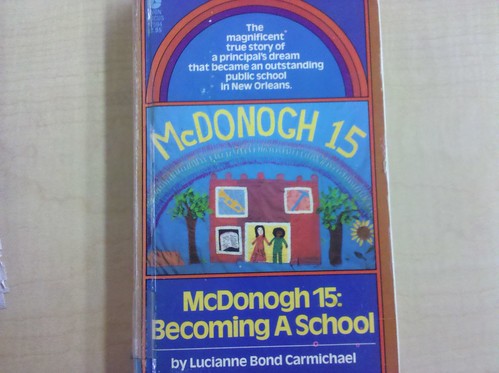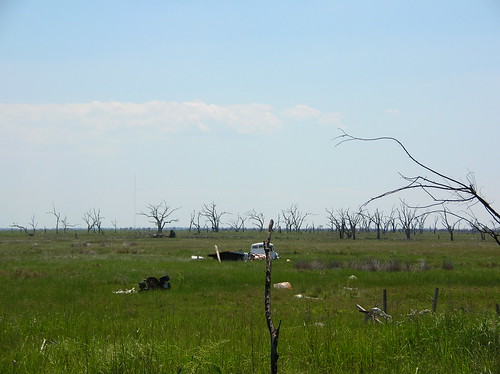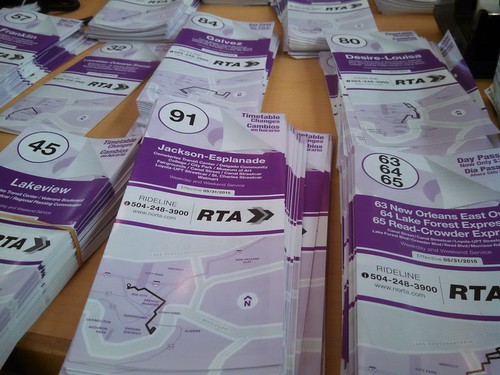
Rising Tide Nola Katrina NOLA New Orleans Hurricane Katrina Think New Orleans Louisiana FEMA levees flooding Corps of Engineers We Are Not OK wetlands news rebirth Debrisville Federal Flood 8-29

The Rising Tide Conference is an annual gathering for all who wish to learn more and do more to assist New Orleans' recovery. Leveraging the power of bloggers and new media, the conference is a launch pad for organization and action. Our day-long program of speakers and presentations is tailored to inform, entertain, enrage and inspire.

| Tech School: Room 205C, 2nd Floor Xavier University - University Center |
10 a.m. Video On a Budget
11 a.m.
Growing Your Brand On Instagram
12 p.m.
Unraveling the Facebook Algorithm
3 p.m.
Intro To Podcasting
Speaker: Daniel Zimmerman
|


The thrust of my presentation is this: As long as we think of levees as protection for houses and furniture, there will be no motivation to increase the level of protection. Houses and furniture can be replaced and the government underwrites the insurance to cover those losses.Five years after this talk and, of course, ten years after the catastrophic failure of New Orleans's flood protection system, Lens environmental reporter Bob Marshall writes that our standard is still inadequate.
We need to talk about levees as serving a higher purpose: levees are often life-safety structures. When levees fail, people die. That’s what’s important and that’s what we should be designing for.
Of all the questions being asked about New Orleans’ progress 10 years after the disaster that killed nearly 1,500 residents and clouded its future, the most persistent has been this: Is it safer now?The legal standard for determining the safety of a dam is measured in lives. But "when levees fail, people die" also. And still we're building levees only rated to a standard that satisfies property insurers. Shouldn't we be asking for more dam safety?
Interviews with engineers and storm experts resulted in answers filled with caveats and concerns such as Luettich’s.
The best summation: It’s safer for houses, but not necessarily for the people who live in them.
That’s because the new system is the city’s best engineered and built ever, but it was designed to a lower level of protection than the one that failed. It’s also less than what Congress ordered in 1965. It was built to provide property insurance, not save lives. And experts insist it’s insufficient for an important city sitting on a sinking delta in hurricane alley during the age of climate-induced sea level rise and mega storms.
| Seminar Room: 2nd Floor - Xavier University - University Center |
10 a.m. She's Got Her Own: New Orleans Black Women Creating Their Own Spaces Online and in Print. Panel will discuss the importance of women of color perspectives in print and online and the challenges they've faced in New Orleans to go from vision to fruition. Moderator: Charmel Gaulden.
|
